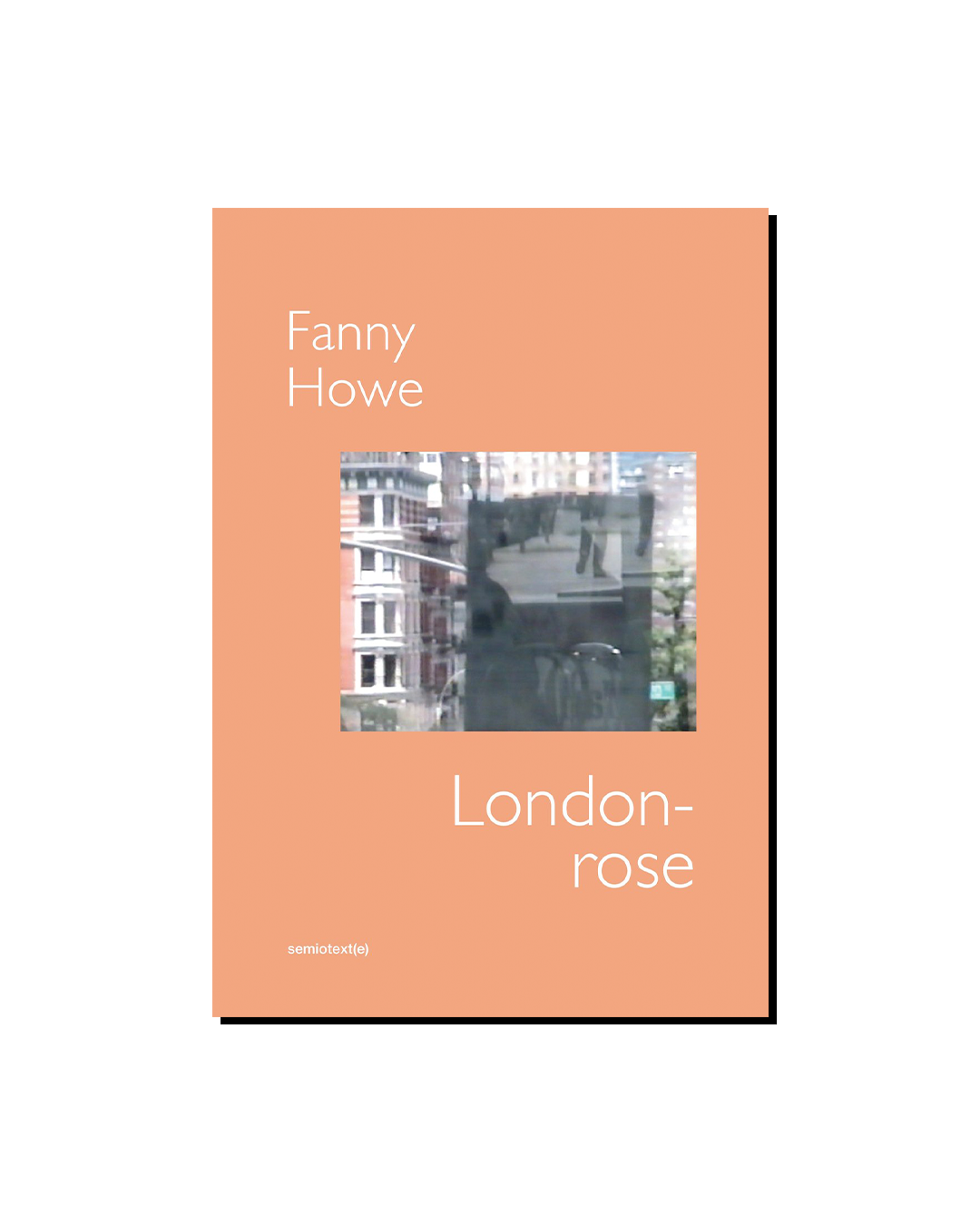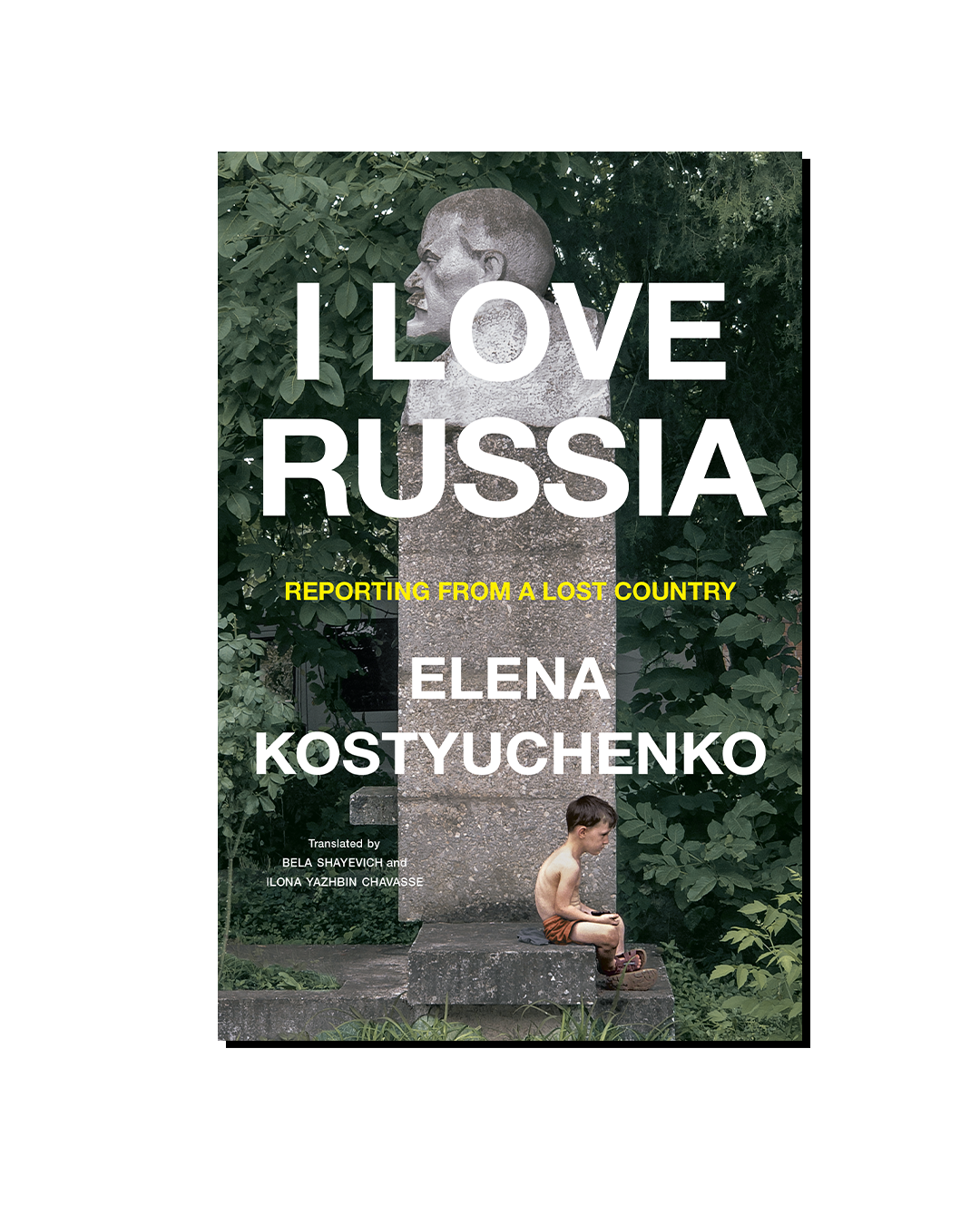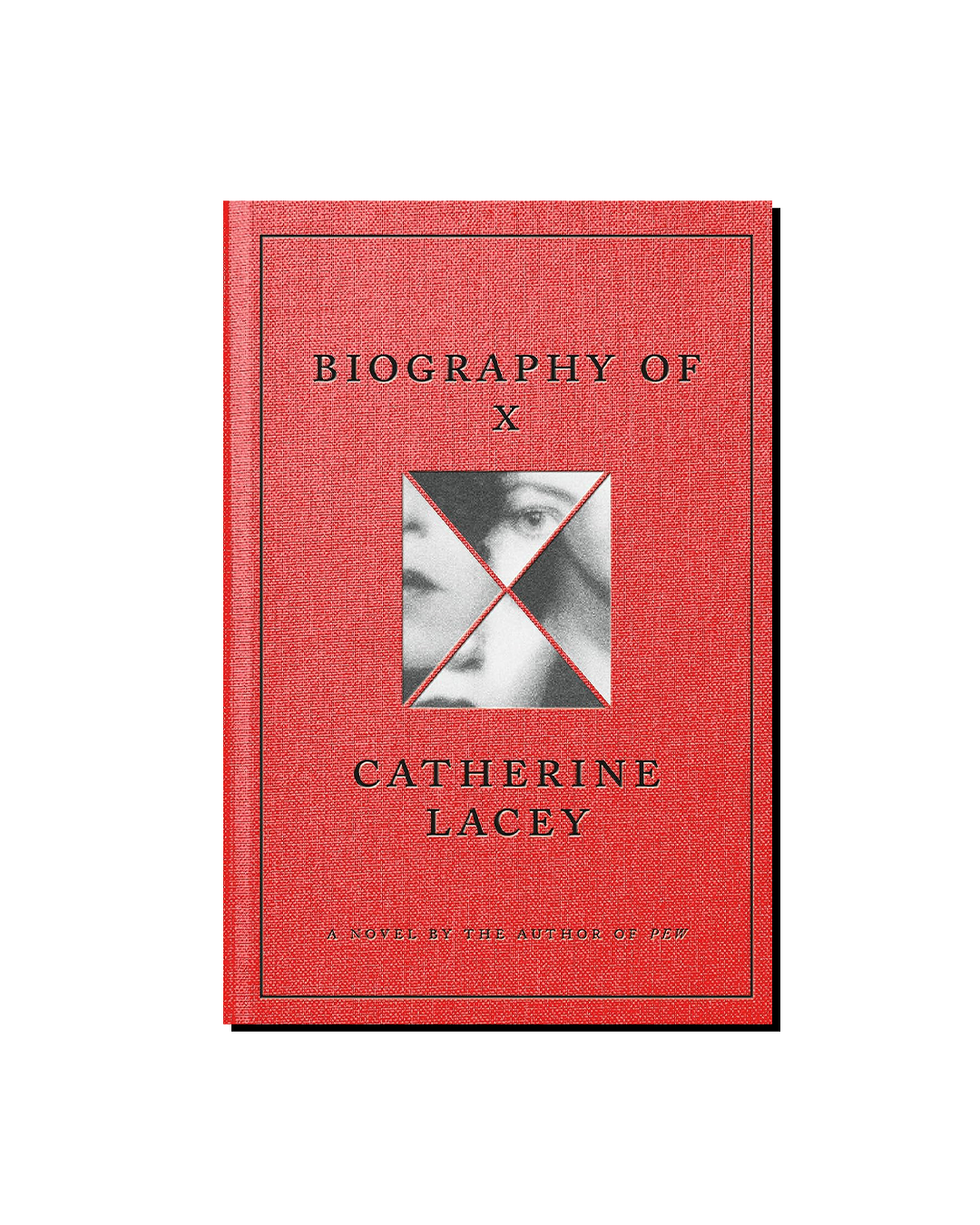Out of the Seeming Blue: On Fanny Howe’s “London-rose”
For years, she has stared at the invisible, the unmanifest, and seen it anyway. It is only sufferers who need a name for the silence we live with, who are unable to relinquish hope.
Divergent Ways of Being: A Conversation with Emily Stoddard
I find labels like “spiritual but not religious” fall short for me. It’s a label that misses the tension behind this relationship to faith, doubt, and questioning the institution.
Spring or All Desertion: On Walt Hunter’s “Some Flowers”
The function of repetition, of questions being asked toward impossibility, is to create the conditions by which prayer becomes a conceivable way of engaging with the world.
An American Chestnut in Ohio
The American chestnut gave me a chance to see something that actually was more or less gone from the natural world, to reach back into the distant past and get a sense of what climate destruction might rob from us again and again.
Nesting in the Wires: On Mário de Andrade’s “Macunaíma”
If the act of translation is often reduced to a dichotomy of foreignization and domestication, Dodson’s work is an interrogation; apropos of the book’s slippery relationship to the idea of national identity, of what constitutes the foreign and domestic in the first place.
Facts that Care about your Feelings: A Conversation with Astra Taylor
And there’s manufactured insecurity, which is the kind of insecurity that facilitates the concentration of power and profit, the kind of insecurity imposed on us by our economic and political system.
Milk Money: On Laura Mullen’s “EtC”
Mullen hands us this unsellable product of the Diary Industry as if it were what we’d always wanted—a project book stripped of recognizable content by the very process of that projection. It’s genre-ending.
Unraveled Narratives: On Annie Ernaux’s “The Young Man”
After we peel back the narratives that we spin subconsciously, those stories that are shaped by external forces—whether capricious lovers or restrictive laws—maybe we are free to craft new ones.
View from the Couch: Success, “The Topeka School,” and “A Fan’s Notes”
The future novel resides with the fans. It will not be written from above or outside. Literature belongs to the davenport.
Andy Warhol Has Been Shot: On Nicole Flattery’s “Nothing Special”
But if it’s impossible to determine the combination of forces that might elevate a woman to the status of It Girl, that doesn’t mean we have ever stopped trying.
Sisyphean Domesticity: On Mieko Kanai’s “Mild Vertigo”
An inchoate despair is the dominant mood of the novel, as Natsumi’s feelings of emptiness, dizziness, and vertigo collide against her Sisyphean rituals of domesticity.
A Gulf Polyphony
To even be suspected of treasure—to be indistinguishable from those who possess treasure—is to become a target. This is the lesson of the oyster.
from “Ordinary Entanglement”
paper cranes on the mantel hampered
by symbolic nature but why not
be more is it justice to want and want
Ordinary Russians: On Elena Kostyuchenko’s “I Love Russia”
It’s not an exaggeration to say that the story of Elena’s own life is the story of the Russia that was decisively lost in February 2022.
Patterns and Poetry in the Anthropocene: A Conversation with Caryl Pagel
To be a poet in the Anthropocene means trying to incorporate the structures we use in poetry or the kinds of imaginative, weirdo thinking we enact into our other modes of coping and relating.
Phosphorescent Romanticism: On Magda Isanos’ “Homecoming”
Like a smothering deformative blight, these poems arrive in remission, the moment before full collapse, a slipstream incongruity between locations, futurities, and the clouded cataracts of speculation.
The Midwest Regionalism of Hanif Abdurraqib
Books that might be considered staples of the Midwest today were actually bundled into the revolt from the village, seen as mocking the region.
Divine Reading: A Conversation with Sara Nicholson
Poetry is, or should be, a kind of thinking; it’s nothingness’s kingdom, where everything is possible. I use poetry to find out what I think.
Take Me Out to the Data Field: On Evan Drellich’s “Winning Fixes Everything”
Baseball’s current executives cannot advance the sport as an antidote to the forces that make our lives less lifelike. The logical conclusion of their approach is the slot machine. The desired consumer is not a fan, but an addict.
Sweating Through Space and Time: On Catherine Lacey’s “Biography of X”
Nothing feels like it can be trusted: the quotes, the packaging of the narrative, even the narrator herself. This, of course, makes the novel’s own point—that any telling of a story betrays much more about the speaker than the subject.




















